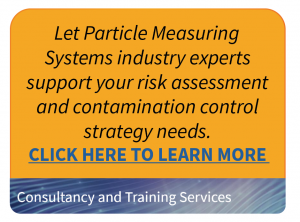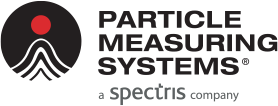Cleanroom Classification – Qualification – Monitoring Per EU GMP Annex 1, rev 12 draft
The latest EU GMP Annex 1 draft has some new definitions and guidance regarding Cleanroom Classification, Qualification, and Monitoring.
Cleanroom Classification
Annex 1 provides essentially the same cleanroom classification definition as ISO 14644-1: 2015 which is a “Method of assessing the level of cleanliness against a regulatory specification for a cleanroom or clean zone.” Annex 1 also defers to ISO 14644-1:2015 definitions for the various cleanroom standards and specifications. In Annex 1, rev 12, nothing has changed regarding the association between pharmaceutical grades and the ISO classes:
- Grade A and B cleanrooms must comply with the ISO 5 requirements in at-rest occupancy state
- Grade C cleanrooms with ISO 7
- Grade D cleanrooms with ISO 8
To classify a cleanroom, you must measure the total number of particles both during at-rest and in-operation states.
Annex 1 and ISO 14644 also align regarding classification. Annex 1 follows the ISO 14644 table with one adjustment: Grade A and B surrounding locations should consider all critical processing zones with a documented risk assessment. This is not the same Cleanroom Risk Assessment (RA) as a Clearnoom Monitoring RA, which is for studying processes. The purpose of the RA for cleanroom classification is to ensure that all critical zones with processes are covered.
Which particle sizes should be measured?
A significant change in Annex 1 from ISO 14644 is that in Grades A and B (ISO 5), only airborne particulates ≥ 0.5 µm* need to be monitored. This is because of the low concentration of macroparticles in these areas. Annex 1 adds that we should also consider counting particles ≥ 1 µm.
The requirements for Cleanroom Grades C (ISO 7) and D (ISO 8) have not changed: airborne particulates should be measured at both ≥ 0.5 µm and ≥ 5.0 µm.
Learn how the PMS Advisory Team can help you with your cleanroom classification and qualification.

